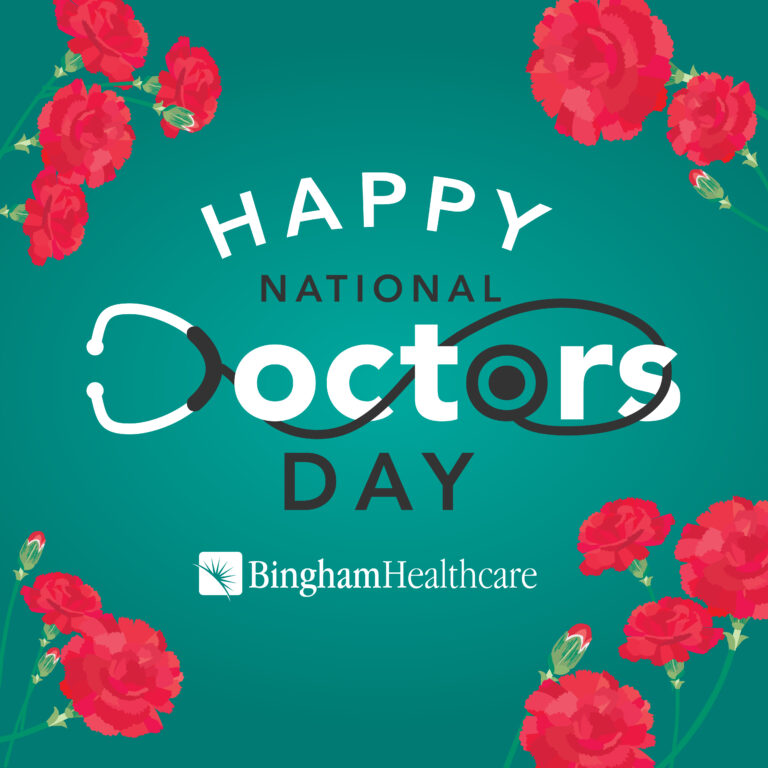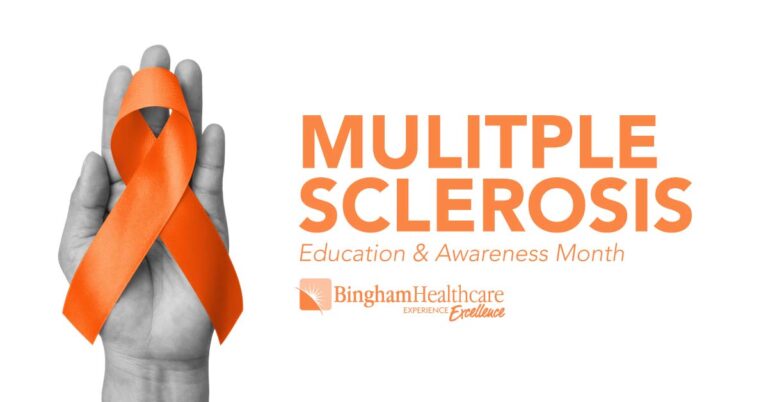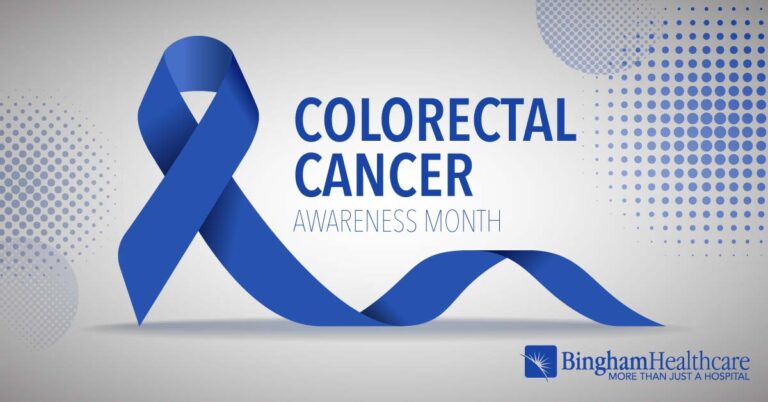
Suffering From Back Pain?
The month of May marks National Osteoporosis Awareness and Prevention Month. Did you know that one in two Americans over the age of 50 is at risk for fractures from osteoporosis and low bone mass?
That’s a significant statistic considering the number of Baby Boomers who are approaching the age when osteoporosis often becomes a concern. Most people associate osteoporosis with brittle bones, hip fractures and similar injures. But a compression fracture can be just as disabling, making it difficult or even impossible to sit up, walk or do many other activities.
A compression fracture happens when pressure is put on a weakened spine and the bone fractures and collapses upon itself. It can also happen when someone who has osteoporosis or other weakening effects in their bone mass simply stands up wrong or suffers a slight fall. This condition can be very painful and affect the quality of life for the patient.
Thanks to a relatively new procedure called balloon kyphoplasty, compression fracture sufferers can experience relief with a minimally invasive outpatient procedure. Bingham Memorial Hospital’s Dr. David Shelley has treated hundreds of patients suffering from compression fractures using this procedure.
Kyphoplasty involves a small balloon that is inserted and then inflated between the damaged vertebral disks, restoring the damaged vertebrae and relieving the pressure on the damaged disc. Bone cement is then used to fill in the damaged vertebrae and repair the fracture.
This minimally invasive procedure spares the patient from the pain and recovery time associated with traditional spinal surgeries. With proper diagnosis and treatment, patients have been found to significantly improve their ability to perform normal daily activity and enjoy an overall improvement in their quality of life. Best of all, many patients are up and walking the same day with life-changing results.
If you or someone you love would like more information about the amazing benefits of balloon kyphoplasty, you can reach Dr. David Shelley at 233-4938.



